Attention Deficit Hyperactivity Disorder (ADHD) – An Introduction
In medical terms, ADHD refers to Attention Deficit Hyperactivity Disorder.
Both toddlers and adults can be diagnosed with this neurodevelopmental illness. Hyperactivity, impulsivity, and inattention are common symptoms of attention deficit hyperactivity disorder (ADHD). People with ADHD frequently struggle with concentration, impulse control, and hyperactivity.
This neurological condition known as attention deficit hyperactivity disorder (ADHD) is characterized by dysfunction in those regions of the brain that are in charge of our executive functions. These include the ability to concentrate, maintain organization, and suppress impulsive behaviors. There is no mental illness, learning disability, or behavior disorder associated with it. Both children and adults are at risk for developing attention deficit hyperactivity disorder (ADHD), which is a developmental defect that impacts the function of certain areas of the brain.
The symptoms of ADHD can vary but typically include:
- Inattention: Struggling to pay attention to details, making careless mistakes, difficulty staying organized, and often seeming forgetful.
- Hyperactivity: Being overly active, fidgeting, and having trouble sitting still, especially in situations where it’s expected.
- Impulsivity: Acting without thinking, interrupting others, and having difficulty waiting their turn.
The exact cause of ADHD is not known, but it’s believed to be a combination of genetic, environmental, and neurological factors.
ADHD: Diverse Signs in Children and Adults is a Comprehensive Guide to the Disorder
In children, attention deficit hyperactivity disorder (ADHD) frequently presents itself with strong signs of hyperactivity and impulsiveness. Children who have this condition may appear to be in a state of perpetual activity, have difficulty waiting their turn, and demonstrate apparent issues paying attention and remaining motionless, especially when they are in an educational environment. Adults who suffer from ADHD, on the other hand, tend to exhibit less obvious indicators of hyperactivity and impulsivity. Others may not see the connection between their agitation or dangerous behavior in their personal lives and their ADHD right away.
They may suffer restlessness or make unsafe decisions. In adults, attention deficit hyperactivity disorder (ADHD) is characterized mostly by difficulties with inattentiveness, such as difficulty remembering things, misplacing things, and not paying enough attention to details. The performance at work and the quality of personal relationships might both suffer as a result of these issues. In women, common symptoms often include issues with time management, persistent feelings of stress and overload, chronic disorganization, difficulties managing finances, as well as a history of anxiety and depression.
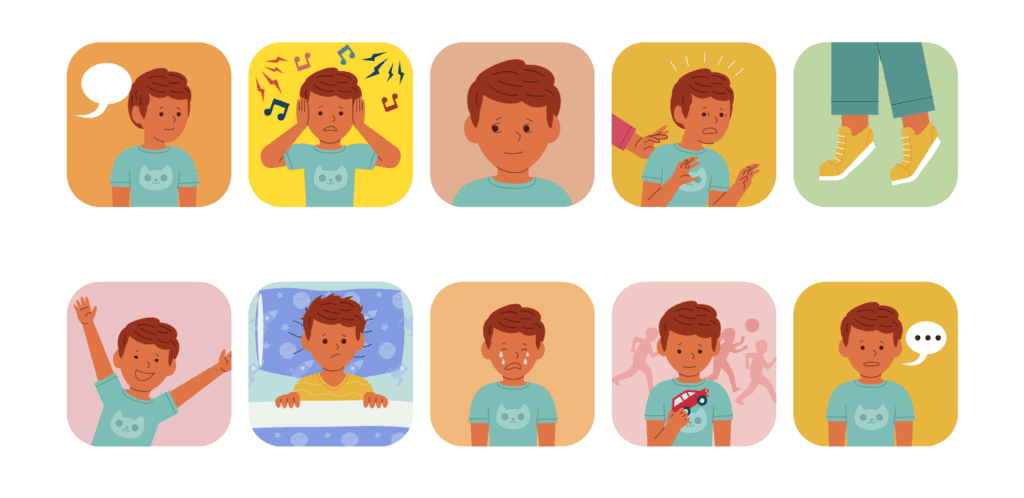
Navigating ADHD Challenges in Education and Beyond
For Students with ADHD
- Boredom and Mental Effort: It can be difficult for these children to avoid becoming bored and to put up the mental effort required to complete difficult assignments
- Challenges in sustaining Engagement: Educators could experience difficulties in sustaining the engagement and interest of pupils who have ADHD in the learning process.
- Need for Support: In order to succeed academically, students with ADHD may require additional support.
- Importance of Activity: Physical and social activities are vital for the well-being of students with ADHD.
Common Challenges for Individuals with ADHD
- Time Management: Difficulty in managing time efficiently.
- Focus and Attention: Difficulty concentrating for long periods of time and paying attention to detail.
- Disorganization and Overwhelm: Dealing with disorganized thoughts and tasks that can be overwhelming.
- Sleep Issues: Experiencing difficulties with sleep patterns.
- Irritability: Episodes of heightened irritability.
- Perfectionism: Displaying tendencies toward perfectionism.
- Relationship Problems: Facing challenges in personal relationships.
- Workplace Issues: Encountering difficulties in professional settings.
- Coping Mechanisms: Resorting to self-medication through alcohol or drugs as a means of coping.
Attention Deficit Hyperactivity Disorder (ADHD) Treatments
Attention deficit/hyperactivity disorder, sometimes known as ADHD, is a neurodevelopmental illness that can have an impact on a person’s ability to concentrate, regulate impulses, and manage hyperactivity. This condition can affect both children and adults. The goal of effective treatments for ADHD is to reduce the severity of these symptoms, so enabling patients to lead lives that are more satisfying. In this section, we explore the numerous techniques to treating ADHD, including:
- Training for Parents: Parents of children diagnosed with ADHD can receive training to learn skills that will allow them to more effectively manage their child’s behavior, thereby establishing an atmosphere that is more structured and supportive. Cognitive Behavioral Therapy (CBT) is a form of talk therapy that helps patients build coping mechanisms to deal with difficult emotions, improve their ability to exercise self-control, and manage their impulses.
- Medical treatment:
- Stimulant drugs: These are the drugs that are prescribed to treat ADHD the most frequently. Methylphenidate and amphetamine-based medications like Adderall are examples of these kinds of prescription stimulants. They do this by raising the amounts of particular neurotransmitters already present in the brain, which results in improved concentration and less impulsivity.
- Medications that do not include stimulants are frequently suggested as an alternative to stimulants in cases when the latter are ineffective or cause undesirable side effects. Atomoxetine (brand name: Strattera) and guanfacine (Intuniv) are two examples of such medications.
- Assistance with Education: Individualized Education Program (IEP) – Students diagnosed with ADHD may be eligible for an IEP at their respective schools.
- Adjustments to Your Way of Life:
- A diet high in nutrients and offering a balance of those elements can have a beneficial effect on the symptoms of attention deficit hyperactivity disorder (ADHD).
- Exercise on a regular basis: Research shows that regular exercise can help reduce hyperactivity and increase focus.
- Getting Enough Sleep Keeping to a regular sleep pattern might help relieve some of the symptoms associated with ADHD.
- Individuals who have ADHD may benefit from learning how to better regulate stress via the practice of techniques such as mindfulness and relaxation.
- Complementary and Alternative Medicine:
- Training in social skills is one form of treatment that can assist patients with ADHD in being more effective in their relationships with others.
- Occupational therapy is a form of treatment that is especially beneficial for the development of children’s fine motor skills and sensory processing.
- Neurofeedback is a technique that was developed relatively recently with the purpose of improving brain function through the process of training.
- Complementary and Alternative Medicines:
- Dietary Supplements: Although the effectiveness of dietary supplements like omega-3 fatty acids and zinc vary, some people find that taking these supplements helps them feel better.
- Both mindfulness and yoga are techniques that can assist one in maintaining attention as well as regulating their emotions.
- It is essential to keep in mind that ADHD is a disorder that is extremely individualized, and treatments that are successful for one person may not be successful for another. The individual’s age, the intensity of their symptoms, and their own personal preferences are typically factored into the development of a treatment plan that is specialized to meet their unique requirements. In order to arrive at an accurate diagnosis and devise a treatment strategy that will actually work, it is very necessary to confer with a healthcare expert or a psychiatrist. ADHD is a condition that can be managed, and with the appropriate treatment and support, individuals can flourish and accomplish what they set out to do.
Pic Credit for this article: Freepik
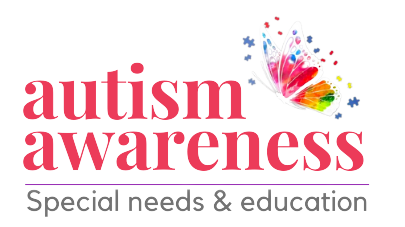
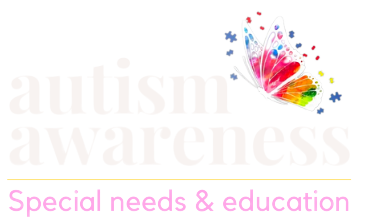

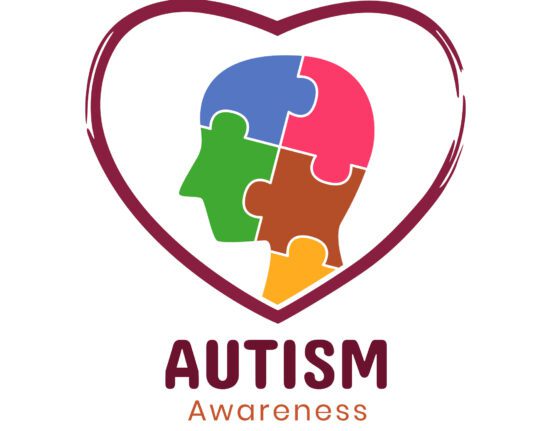





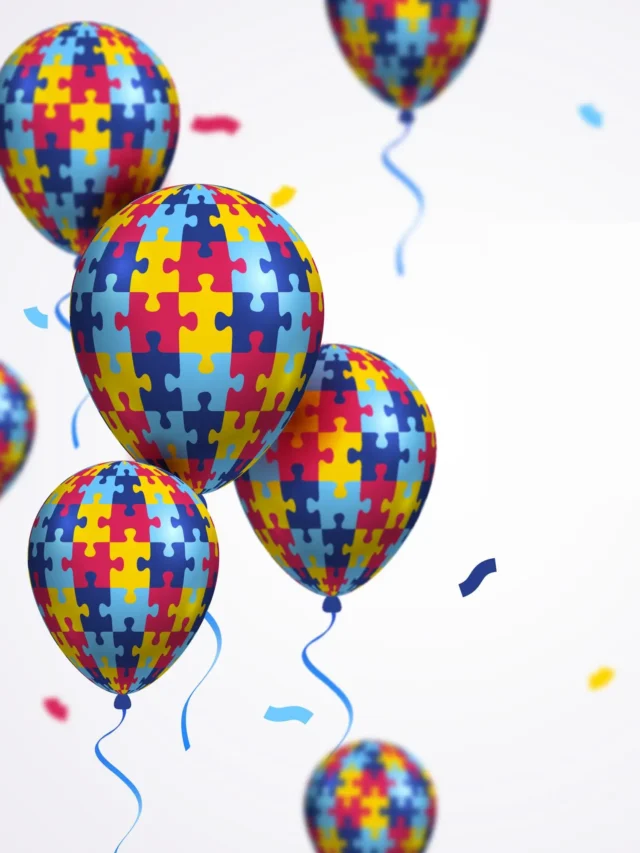

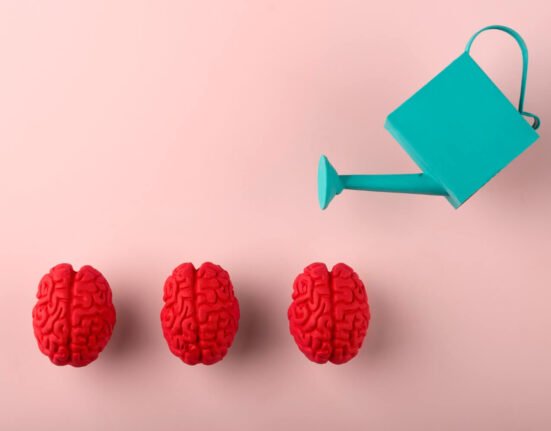





Leave feedback about this